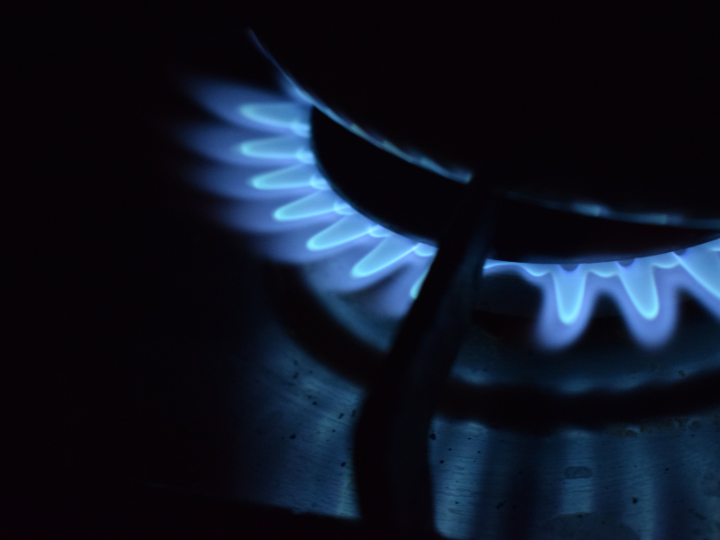by Nikolaus J. Kurmayer
With only weeks to go before a key UN climate conference, the German government is pushing EU leaders to work with countries that have the capacity “to develop new gas fields”, according to a document seen by EURACTIV.
Germany, itself under fire for its €200 billion household and industry support scheme, is pushing fellow EU leaders to abandon the ideas of price caps at an EU summit on 20-21 October.
“The price of gas, of oil and coal has to come down, the price of electricity has to come down. And that is also something that requires a joint effort from all of us in Europe,” said Chancellor Olaf Scholz before entering into the Brussels summit.
“I am very pleased that the European Commission has presented a whole series of good ideas and proposals, which we will continue to deal with here and certainly not only today,” he added.
On Tuesday (18 October), the European Commission proposed that EU countries jointly purchase gas ahead of the 2023 winter and consider a “dynamic” price cap on gas traded in the Dutch TTF exchange.
The idea of introducing a price cap is gaining traction among the 27 EU member states but views differ sharply on how it should apply while others like Germany and the Netherlands are opposed.
Earlier this month, a 15-country coalition urged the Commission to introduce a cap on wholesale gas prices. France, meanwhile, is encouraging the EU executive to introduce an EU-wide “Iberian mechanism” where the state steps in to subsidise fossil gas used for electricity generation.
“What we want to see included in the conclusions is the capping of gas used to make electricity. I believe it will stay in the conclusions as we managed to add it during the initial negotiations,” said Czech Prime Minister Petr Fiala, whose country holds the EU’s six-month rotating presidency.
No intervention
The conclusions of the EU leaders’ meeting will provide guidance for the EU executive when drafting proposals on how to contain gas prices.
But as things stand, the German delegation is resisting all suggestions of price caps, according to the document seen by EURACTIV.
The document, which lists Germany’s comments on the draft EU summit conclusions, removes all mentions of price caps.
The German government is also pushing for increased gas production just weeks ahead of the United Nations’ climate conference in Egypt.
According to the document, Berlin encourages the EU “to work together with countries that have the capacity to develop new gas fields, as part of the Paris Climate Agreement commitments.”
In 2021, the International Energy Agency warned that in order to reach net zero emissions by 2050 and have a shot at limiting global warming to 1.5 °C, there could be “no new investments in oil, gas and coal, from now.”
Asked about solidarity among EU countries going into the summit, Scholz told reporters, “We are the biggest supporter of Europe. We are paying 26% of the budget usually.”
Whether this will help mend the fractured relationship between Paris and Germany is uncertain.
Other leaders are already asking the Germans to give in. “I expect the German government to be willing to compromise,” Estonian Prime Minister Kaja Kallas told ZDF ahead of the summit.
*first published in: Euractiv.com




 By: N. Peter Kramer
By: N. Peter Kramer
